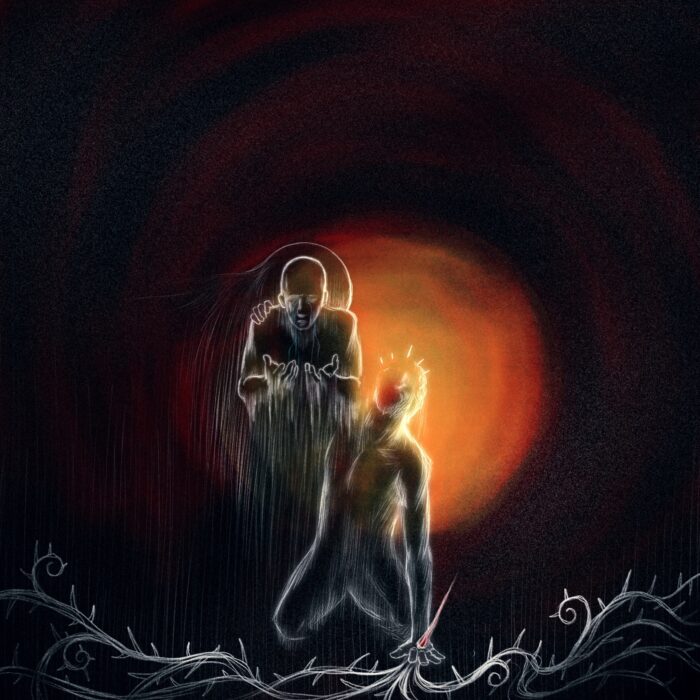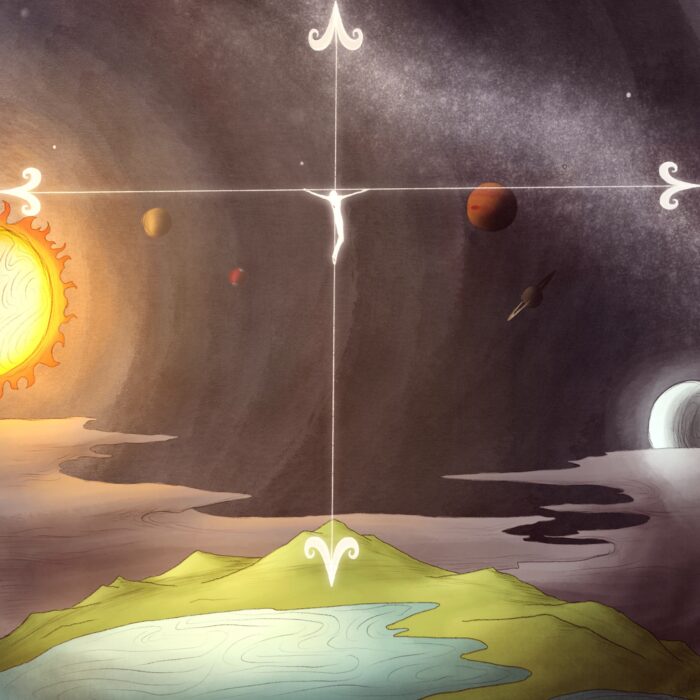Psalm 124:1,4


Psalm 124:1,4, “If it had not been YHWH who was on our side…then the flood would have swept us away, the torrent would have gone over us…”
I debated whether or not to use this text as an illustration this morning. In the context, David is clearly talking about YHWH’s preservation of His people from human enemies. The immediate point of the Psalm is to recount the Lord’s faithfulness to His people during their history in the face of overwhelming odds and the hostility of other nations. Would it be honest use of the text to use it to point to the cross?
Obviously, I decided that it would be. Why? Just because I want to force the cross into every passage I read? No, because David’s praise to the Lord in this Psalm is enabled by and will climax in the work of Christ on the cross.
Here’s what I mean. How is God on anyone’s “side”? How can David have the confidence to claim that the I AM, the sustainer of reality, is “on his side”? Well, because the Lord has made a covenant with Him and has sworn Himself to the line of David and the offspring of Abraham to bless them and bless the nations in them. So, in a sense, David has this confidence because God has told him to have it.
But in another sense it must be understood that David and all the other Old Covenant saints (as well as the New Covenant saints) were acceptable to the Lord only because of their by-faith union to the crucified and risen Christ. Obviously David did not know all the specifics about Jesus, but he trusted in YHWH and in His promise to bless the nations through the offspring of Abraham and through a king that would come from the Davidic line. He trusted those promises and so was included on the basis of his faith in the trans-temporal work that the Son of God would accomplish in His life, death, and resurrection (Romans 3:25-26, Hebrews 9:26, 10:12).
YHWH was on David’s side for the only reason that YHWH is on anyone’s side, because He chose them in Christ “before the foundation of the world that [they] should be holy and blameless before Him” (Eph.1:4). God is for David (and us) and not against him only because all the “against sinful David” impulses of the holy God were poured out on Christ at the cross. So, when David says, “if it had not been YHWH who was on our side…” he is speaking blood-bought words and leaning on blood-bought hopes.
And secondly, I think it was legitimate to interpret this passage in light of the cross because the salvation that David rejoices in is a type of the ultimate salvation that will be worked in Christ’s death and resurrection. David praises God for preserving him from an overwhelming flood of enemies…he implies that, by all rights, he should have died and yet was spared (Ps.124:7). Though the immediate context is one of human enemies, the storyline of the Bible makes it clear that the ultimate flood, the ultimate destroying torrent from which all of humanity must be saved is nothing less than the holiness of God Himself.
The infinite love of God for God (which is His holiness) is such that it will burst in a storm of fiery wrath on all who oppose God’s Beloved….which is, most foundationally, Himself within the Trinity. Sinners must be saved from God Himself, and the only salvation from that torrential flood is–God Himself. So, while David wrestles with a man-made flood in this text, we cannot but hear the overtones of the divine flood of wrath that is coming on the world. And what is our hope in that flood? Only the God-Man, Jesus Christ. Only the one who opens His arms and receives into Himself the totality of the wrath that we deserve, only the one who–like the Ark–bears us in Himself until the storm has passed us by. David’s joy in this Psalm is our joy as well if Christ is our life.
And if we are standing on the other side of Calvary’s flood….if the storm has past, if the wrath is exhausted….what hope we have! God is most surely “on our side” in all things because He has borne us in the pierced side of His Beloved Son through the storm to Himself.



